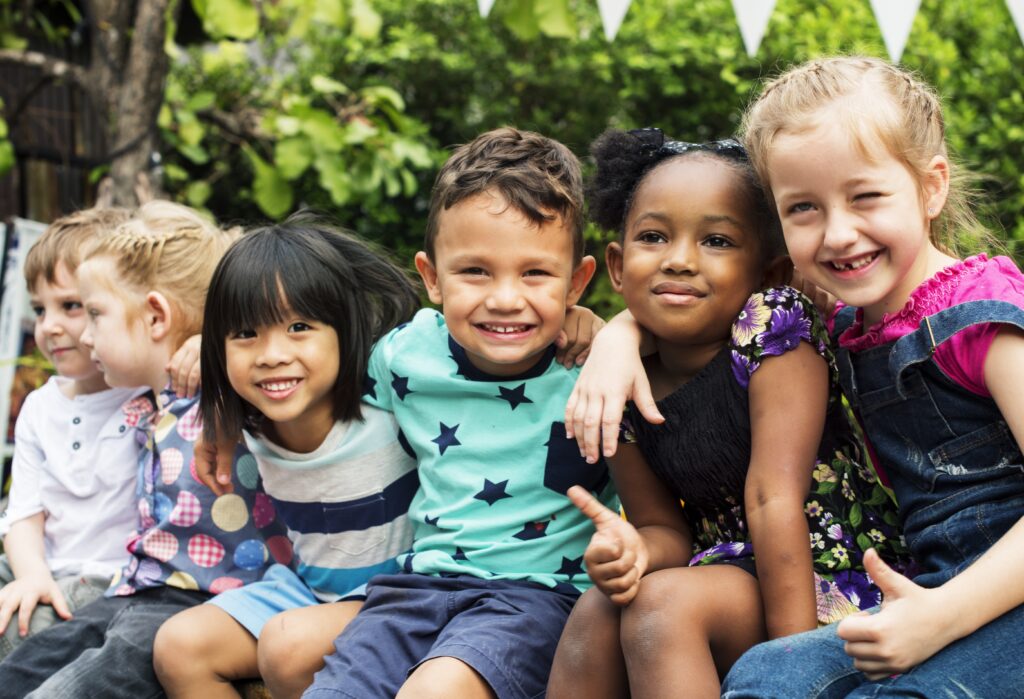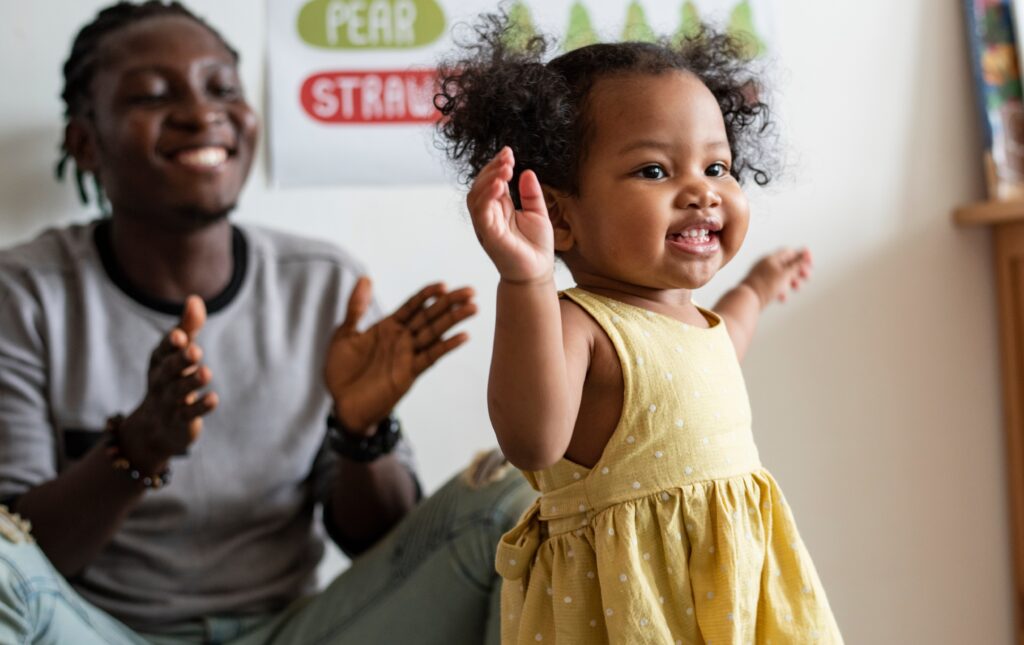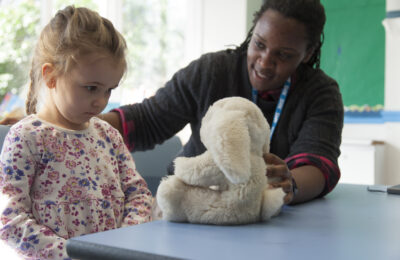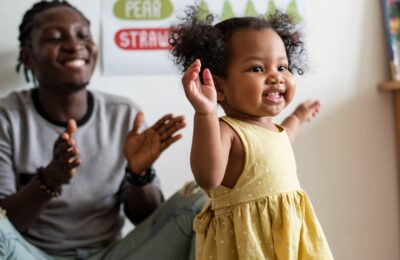
Understanding and nurturing troubled children: a new approach
We’re proud to offer a suite of mini courses focused on children’s emotional and psychological development, created by renowned child and adolescent psychotherapist Dr Graham Music.

Until now, we have delivered training in this area via a mini course, ‘Children’s brain and emotional development’, and a short course, ‘Understanding and nurturing troubled children’ – now, we offer a further range of mini-courses with an even more flexible approach.
Why are these mini-courses needed?
The importance of readily-available and accessible training on this topic is also increasingly clear: “The need for training in this area has arguably never been so urgent”, says course lead Dr Graham Music. “But by understanding the core issues surrounding children’s mental wellbeing, and the importance of early intervention, we can minimise future mental and physical health issues and help a new generation lead healthier happier lives.”
“We’ve received a wonderful response to our ‘Understanding and nurturing troubled children’ course, with an impressive student satisfaction rating of 9.3 / 10”, explains Barney Grainger, Associate Director of Delivery and Development. “Participants have praised the blend of research and academic theory, practical applications and multimedia elements. However we’ve also been told that the bitesize ‘mini course’ format works best for learners in this area – being able to dip in and out of shorter trainings can make all the difference when you’re juggling professional development alongside a busy work or family schedule”.

“We’re really pleased to be able to offer this greater level of flexibility and accessibility”, adds Barney. “Creating high-quality, in-depth learning opportunities that work for our learners whenever, wherever, is what our learning platform is all about”.
Want to learn more?
- Attachment theory: how children learn what to expect from relationships introduces the fundamental principles of attachment theory – uncovering how the dynamics of early relationships can influence how children interact with the world in later life.
- Children’s brain and emotional development explores how early experiences shape the structure and functioning of our brains and nervous systems, and how this can be seen in children’s behaviours and minds.
- Nature vs nurture: how infants learn to fit into their environments presents the interplay between our genetic make-up and family environment – outlining how inherited potentials and external influences all impact on a child’s development.
- Trauma, neglect and building resilience identifies the effects of trauma, abuse and neglect on children and young people, setting out ways to shift patterns and build resilience.
Or alternatively our course bundle contains all four mini courses – giving you a total of 20 hours of learning, spread across 16 weeks, for just £249.
Related courses
-
 CPD certificate
CPD certificate 
Children’s brain and emotional development (DAA003)
-
 CPD certificate
CPD certificate 
Nature vs nurture: how infants learn to fit into their environments (DAA012)
-
 CPD certificate
CPD certificate 
Attachment theory: how children learn what to expect from relationships (DAA013)
-
 CPD certificate
CPD certificate 
Trauma, neglect and building resilience (DAA014)